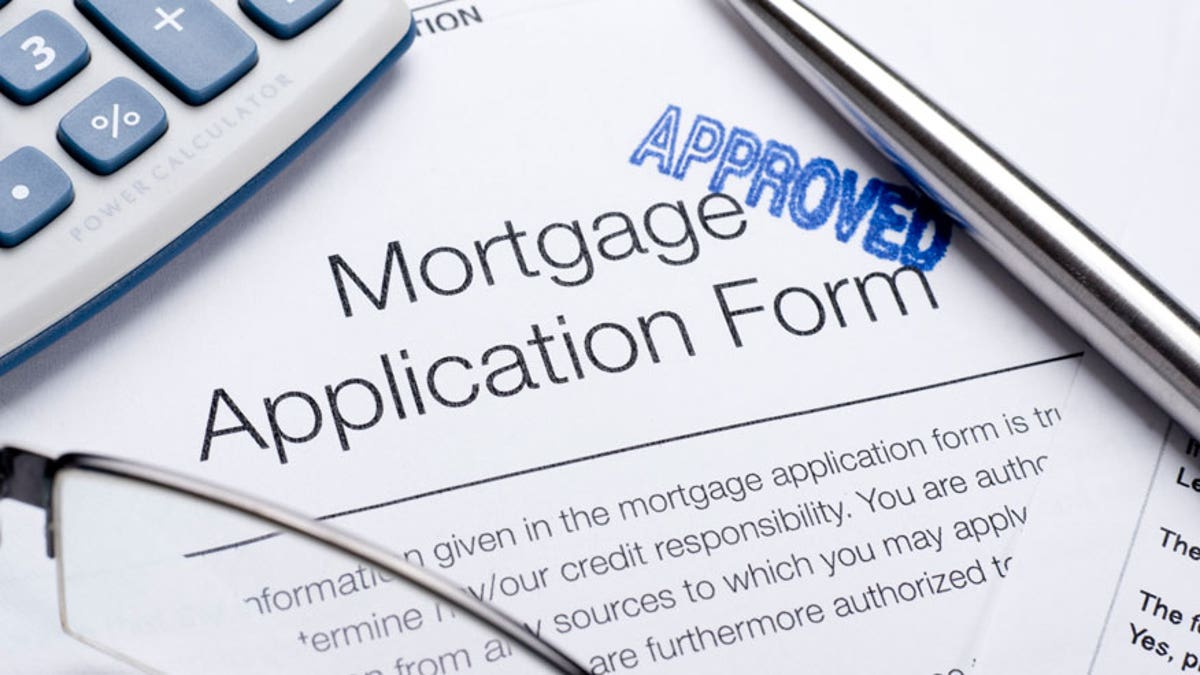
For most people, a 30 year mortgage is the easiest path to home ownership. While a 30 year loan makes it a lot easier to land a new home, it’s also an incredibly long time to be paying off a debt. But over the life of your mortgage, your financial situation might improve, and you might consider paying down that debt faster. Here are some tips on the best ways to get it all paid off.
Paying a Little More Each Month
It’s tempting to just pay the minimum amount each month when it comes to paying down the mortgage. With a sum so vast, what’s an extra $40 or $50 dollars going to do each month, many people figure? But by overpaying by just a little, particularly if you start early in the life of the loan, you can shave a surprising amount of time off your mortgage. For instance, paying down an extra $40 a month on a $250,000 loan will shorten the loan by about two years. Tacking on an extra $100 per month will allow you to reduce a 30-year loan to 26 years.
Refinancing You Home
Refinancing can be a long process with high upfront costs, but if done correctly, it can save you a lot of money in the long run. In addition to landing a better rate with more favorable terms, you can also use the refinancing process to switch from a 30-year repayment schedule to a 10- or 15-year plan. If rates have improved enough to make refinancing worth your while, you should consider using the opportunity to switch to a faster repayment path rather than staying the course on your current repayment schedule.
Switch to Bi-Weekly Payments
Another method to speed up your repayment is to switch to a bi-weekly payment. With a monthly payment, you make 12 payments a year. But on a bi-weekly plan, you make a half-payment every other week. Over the course of the year, this adds up to the equivalent of 13 monthly payments. That one extra payment a year can have a major effect over the life of a loan. For instance, on a $250,000 mortgage, a bi-weekly payment schedule would have you paying off the home in a little over 25 years. You can plug in the numbers into this handy bi-weekly payment calculator to see how it would affect your mortgage payments.
Lump Sum Payments
Not everyone can afford an extra payment every year, or an extra amount each month. However, you might have moments where you’re flush with a little extra cash, and putting that money into paying off the mortgage, rather than splurging on something else, can make a big dent. For instance, you could designate your tax refund, yearly Christmas bonus or dividends from investments to go straight to your mortgage. It can be difficult to resist the temptation to splurge on something else with this money, but you can keep yourself on the right track by setting up a special savings account and deposit the money directly into it.
Don’t Pay It Off Early
The experts are divided on whether it makes good financial sense to pay off a mortgage early. On the one hand, paying it off early means less money wasted on interest payments. However, that interest is an important tax deduction, one of the largest single tax deductions for many Americans. Rather than putting the money into paying off the mortgage, some financial experts advise homeowners to pay the minimum and to put any extra money they have into investments. The money you save on taxes plus the money you make off the investment will more than outweigh the money spent on interest. Of course, this isn’t the case for everyone, and whether you come out ahead by paying it off early is going to depend on your financial situation so it’s a good idea to see a financial planner who can help you run the numbers before you make any big financial decisions.